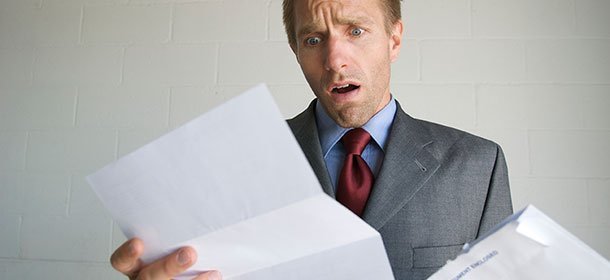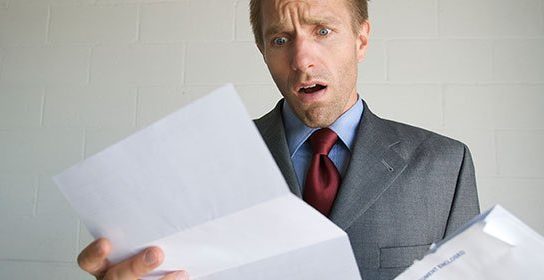Wanting out of your commercial lease does not mean you can get out.
Needing to terminate a commercial lease comes up often, and especially now with the current situation in the world. The bottom line is, commercial leases are governed primarily and solely by the lease itself, unlike residential tenants who enjoy certain protections under the law (Uniform Owner-Resident Relations Act (UORRA), 47-8-1 NMSA 1978). This means that commercial tenants need to be especially careful when agreeing to a commercial lease.
Typically, commercial leases will include a term of one or more years (oftentimes 3-5 years). That means you are on the hook for the entire period, unless there is a provision that allows you to terminate early. But usually, you are responsible for rent payments on the lease until the end of the term. This means that even if your company goes out of business, you are still on responsible for payments.
Landlords do have a duty to minimize damages and try to find another renter. But issues arise if a new renter cannot be found or if a new renter is found but they will only agree to a rent that is less than you were paying. That can mean you are responsible for the difference.
Commercial leases almost always have a personal guarantee. So, although it’s always recommended to have a business entity to operate your business and rent out the commercial space, you are individually responsible for all amounts owed. This term can of course be negotiated, but commercial landlords are in their right to have it in the lease and enforce it.
Bankruptcy is another possibility for a company that has gone out of business. If a company with a lease does go out of business, it may be that the lease is included in the bankruptcy itself, and payments are made for the amounts still owed on the lease, although probably very reduced. There are lots of intricacies that you must consider when looking into a bankruptcy and speaking with an experienced bankruptcy attorney would be necessary.
The best course of action is to talk to your landlord early to discuss the problems and potential solutions. With all the craziness that is going on, your landlord may be willing to work with you because finding another tenant may be extremely difficult and time-consuming, and probably expensive.
Another solution is to find another potential tenant to take the least. Of course there may be provisions prohibiting this in the lease, but if you do find a suitable tenant and bring them to your landlord, you may be able to work out an arrangement that is in everyone’s best interests – that party enters into a new lease, your landlord gets a paying tenant, and you’re off the hook (probably with a penalty, but that’s whatever is negotiated). If that company or individual does enter into a new lease, if that lease is for an amount that is less favorable to the landlord, you may very likely be on the hook for difference that would have been paid had you remained a tenant.
All this underscores why you need an attorney to review any commercial lease before signing, because odds are, the lease’s terms are going to be stacked against you, but at least you’ll have a complete understanding about what you are entering into and the potential outcomes.
Has the pandemic left you with a lease for you business you can no longer afford? Would you like assistance in re-negotiating your lease and understanding what your options are? Contact Law 4 Small Business today!




